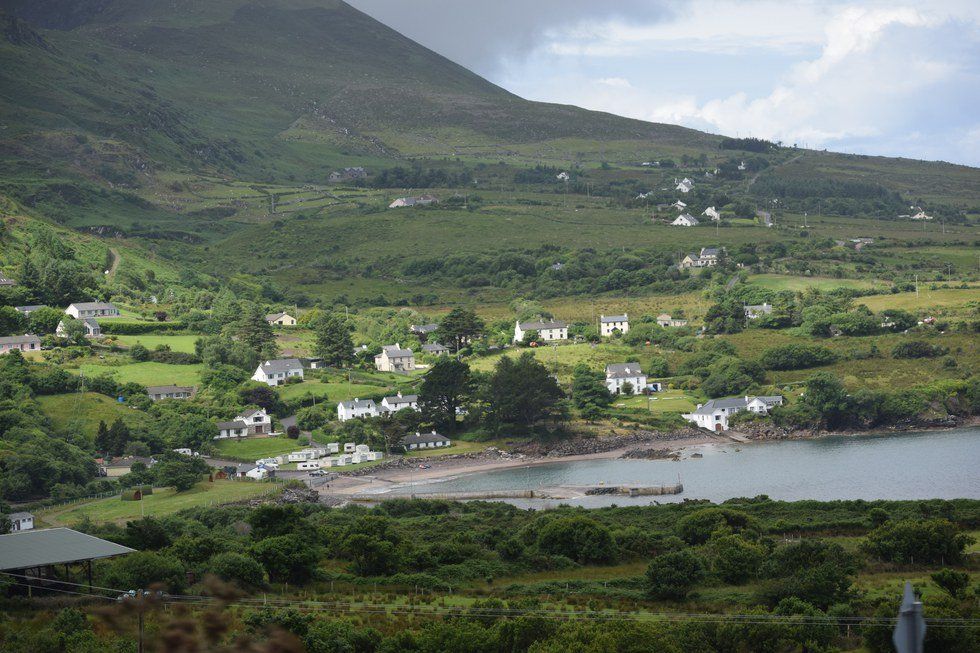There is a point during an eight-hour flight during which regret starts to hit you in waves. The ache in your neck from the economy seating, the inconsistency of the back massage from the toddler kicking your seat, the knowledge that the opportunity for productive sleep has passed – all of this begins to strike at once. No matter how much you push it away, the exhaustion and irritability culminate in the nagging thought of: “I wish I hadn’t done this.”
And then you land and traipse from the plane into a vast new world with your travel companions. Maybe it’s Qatar with your Journalism peers, or Chile with a church group, or New Zealand with your family, or Japan with your best friend, or Greece alone. In my case, it was Ireland. And although my neck ached and I was in great need of iced coffee and my hair looked like the home of a small rodent, passing through customs and walking out into the rare Irish sunlight made all of that disappear. In that moment, all I felt was awe.
Sure, the rolling green farmland wasn’t exactly exotic. In fact, it was reminiscent of the landscape back home in Wisconsin. But I knew that while the world back home was asleep, I was standing, wide-eyed and eager, on another continent.
This is an experience that is becoming more and more strongly encouraged at schools across the United States. Some universities actually require study abroad, whether over a semester break or a semester. And although the cost of these programs can be quite daunting, both high school and college programs offer scholarships, financial aid, and fundraising opportunities.
And yet there are still many barriers that keep students from traveling. Perhaps it is merely an attachment to home – especially in the case of small-town students, it can be quite a leap to go from not traveling at all to traveling internationally. Others are, frankly, terrified of flying. For others, it is the fear of being seen as a tourist rather than a traveler. And in our current world climate, there is the anxiety associated with visiting a foreign place during a heated time (take it from someone who visited Great Britain immediately after Brexit – it’s not as prevalent in local conversation as you might expect).
Putting these fears aside, however, is essential. We don’t just have a global network in politics or economics anymore – we have, because of improved travel and the internet, a global society. It is no longer excusable to be ignorant to the ways of other cultures around the world (although some of us are still working on battling ignorance to the ways of cultures within our own nation). And though online research is beneficial in expanding our worldview, media is still heavily reliant on stories deemed as newsworthy and can therefore offer only narrow or extreme views of world regions. The only way to make an honest attempt at understanding the world is to explore it.
It is easy to brush the idea of travel during high school and college aside and say, “I’ll do that when I’m older.” But the reality is, things come up: work and kids and obligations and financial issues and other occurrences outside of our control. There is no time in our lives as flexible as these last years of our education – if you can swing the cash, it is the perfect time.
There is something to be said for stability, for planting your feet and staying where you are. But if you do this too early, if you pass up the opportunity to experience another place, you risk planting yourself in the wrong spot.





















